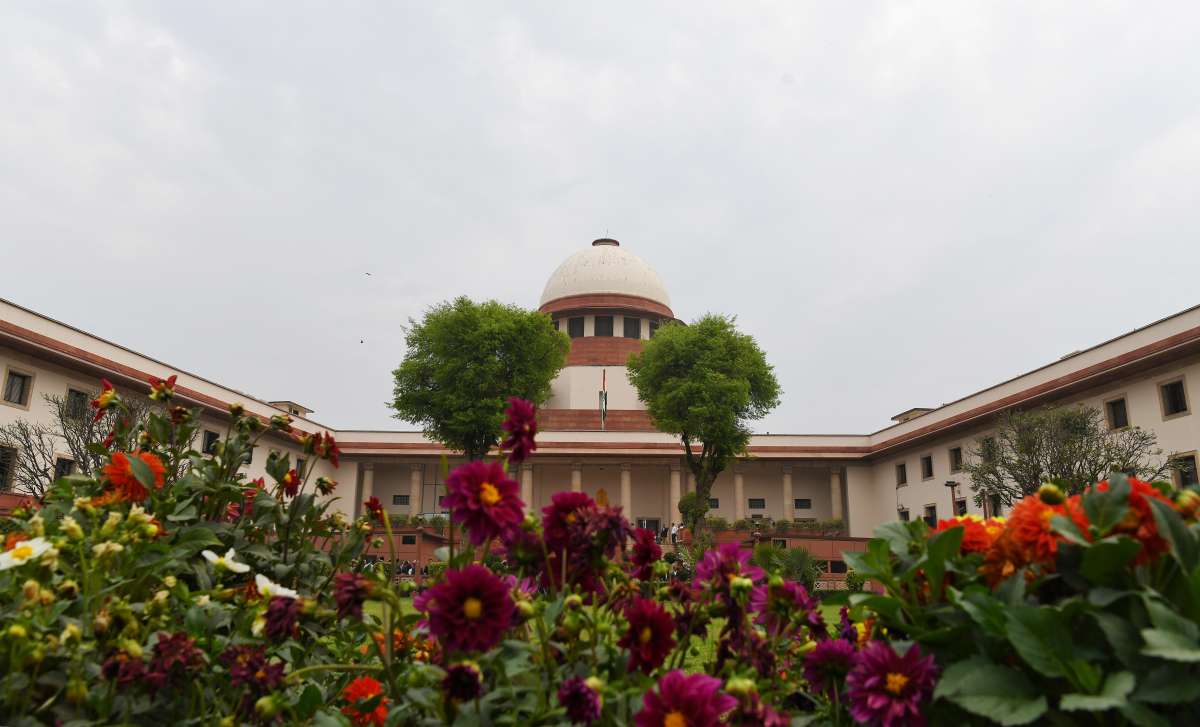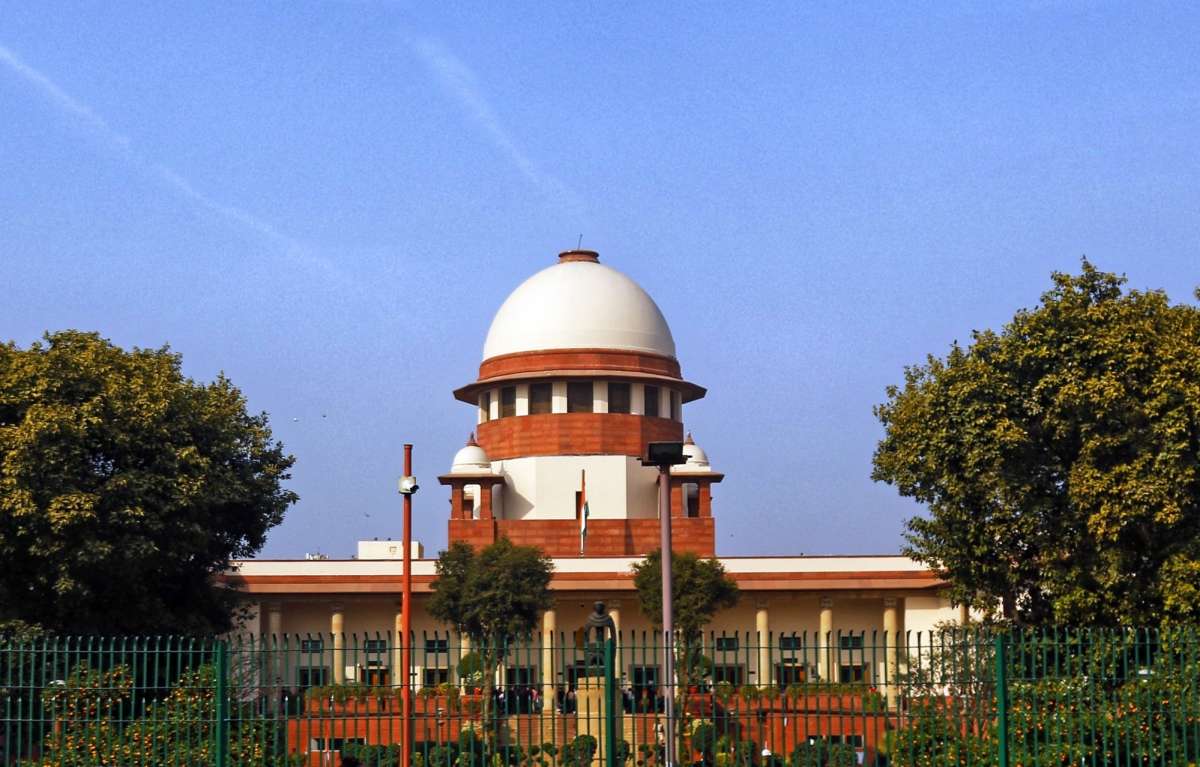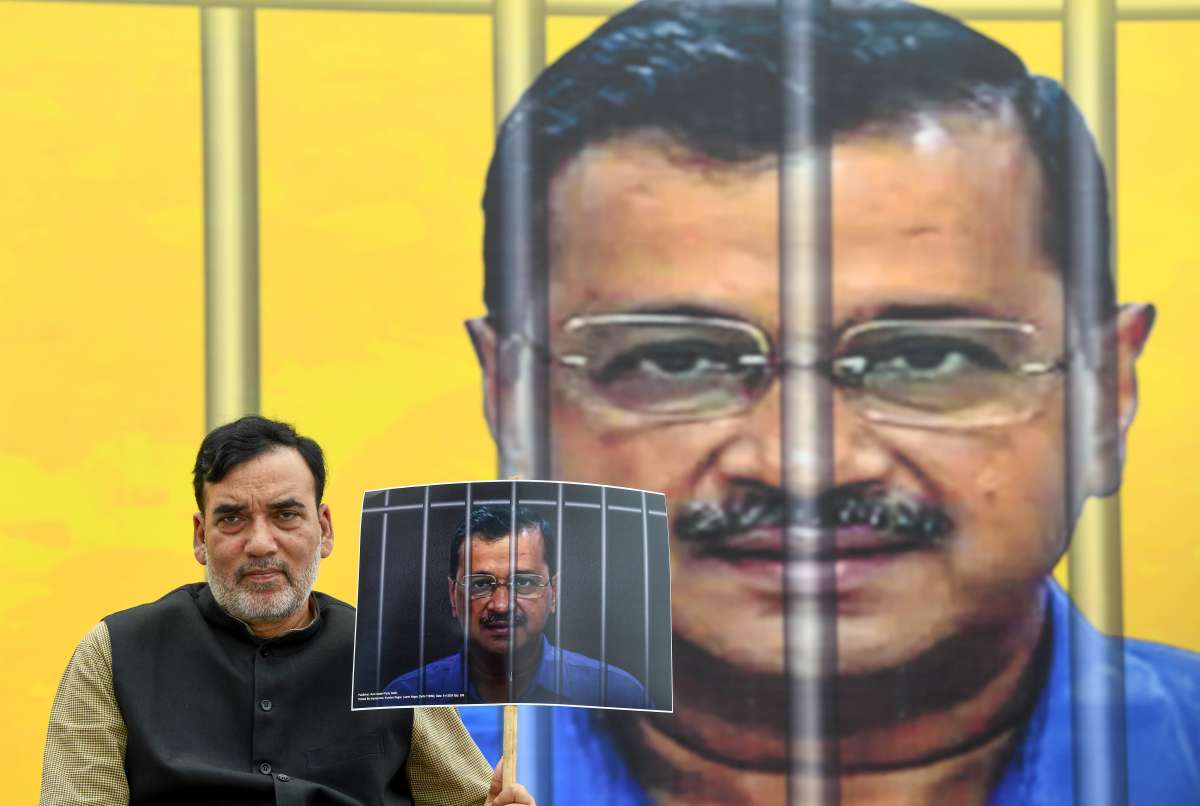A bench of justices BV Nagarathna and Augustine George Masih ruled that Section 125 CrPC applies to all women, and divorced Muslim females can claim maintenance from their husbands under it…reports Asian Lite News
The Supreme Court on Wednesday ruled that Section 125 Code of Criminal Procedure (CrPC) applied to all married women including Muslims and they can claim maintenance from their husbands under these provisions.
The top court also echoed that the time has come for Indian men to recognise the role and sacrifice of ‘homemakers’ who are the strength and backbone of an Indian family and they must provide financial support to her by having joint accounts and ATMs.
A bench of justices BV Nagarathna and Augustine George Masih ruled that Section 125 CrPC, which deals with a wife’s legal right to maintenance, applies to all women, and divorced Muslim females can claim maintenance from their husbands under it.
“Section 125 of the CrPC applies to all married women including Muslim married women. Section 125 of the CrPC applies to all non-Muslim divorced women,” the top court said.
“Insofar as divorced Muslim women are concerned, – i) Section 125 of the CrPC applies to all such Muslim women, married and divorced under the Special Marriage Act in addition to remedies available. If Muslim women are married and divorced under Muslim law then Section 125 of the CrPC as well as the provisions of the 1986 Act are applicable. The option lies with the Muslim divorced women to seek remedy under either of the two laws or both laws. This is because the 1986 Act is not in derogation of Section 125 of the CrPC but in addition to the said provision,” the top court said.
If Section 125 of the CrPC is also resorted to by a divorced Muslim woman, as per the definition under the 1986 Act, then any order passed under the provisions of 1986 Act shall be taken into consideration under Section 127(3)(b) of the CrPC, the court said.
The 1986 Act could be resorted to by a divorced Muslim woman, as defined under the said act, by applying thereunder which could be disposed off in accordance with the said enactment, the court said.
In case of an illegal divorce as per the provisions of the 2019 Act then, relief under Section 5 of the said Act could be availed for seeking subsistence allowance or, at the option of such a Muslim woman, remedy under Section 125 of the CrPC could also be availed, the court said.
Adding further to it, the top court directed if, during the pendency of a petition filed under Section 125 of the CrPC, a Muslim woman is ‘divorced’ then she can take recourse under Section 125 of the CrPC or file a petition under the 2019 Act.
“The provisions of the 2019 Act provide remedy in addition to and not in derogation of Section 125 of the CrPC,” the top court said.
The top court’s ruling came on an appeal challenging the High Court of Telangana order dated December 13, 2023 which modified the family court decision. HC decreased the quantum of interim maintenance payable by the Appellant herein from Rs 20,000 per month to 10,000 per month.
XXX
Verdict welcomed
XXX
Meanwhile, Triple Talaq activist and Vice Chairperson of Uttarakhand Women Commission Shayara Bano said that the ruling is in the favour of all Muslim women. “This will improve their financial condition and will also reduce triple talaq cases. Besides, the social status of Muslim women will also improve,” said Bano, who herself is a victim of triple talaq.
Zakia Soman, women’s right activist and co-founder of Bharatiya Muslim Mahila Andolan , said that such progressive judgments will pave the way forward for equal legal rights of Muslim women within marriage and family. “With such judgments, we should celebrate because it is like a march forward,” Soman said.
“In the ruling, Justice Nagarathna has unequivocally said that all married women are entitled to maintenance and that includes Muslim women. The clear messaging is that no woman can be barred on account of religion,” she said.
Hasina Khan, founder of Bebaak Collective, said that the verdict ensured that all divorced Muslim women are entitled to a decent maintenance. “It is a historic ruling because the court said that maintenance is not a matter of charity but a fundamental right of married women. This will be a setback to the conservative section which doesn’t want women to get alimony under a secular law,” she said.












